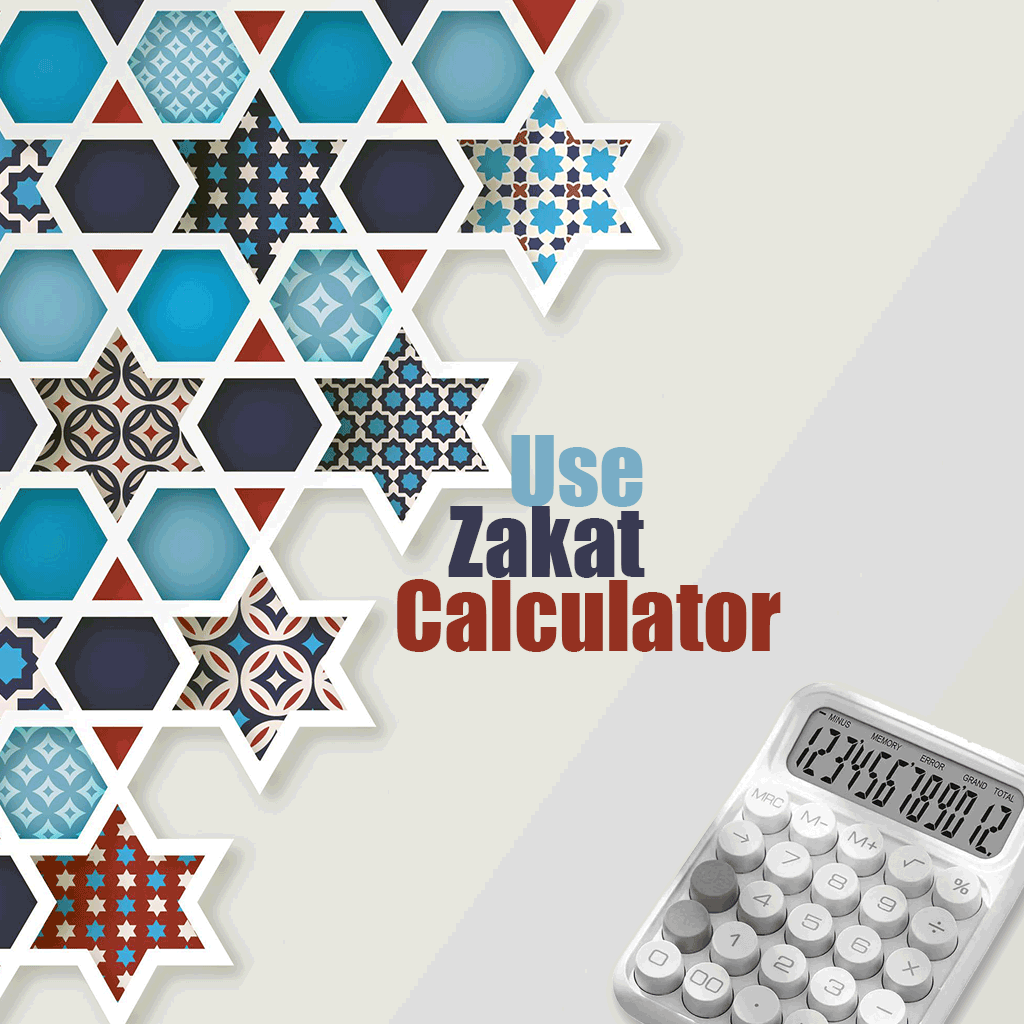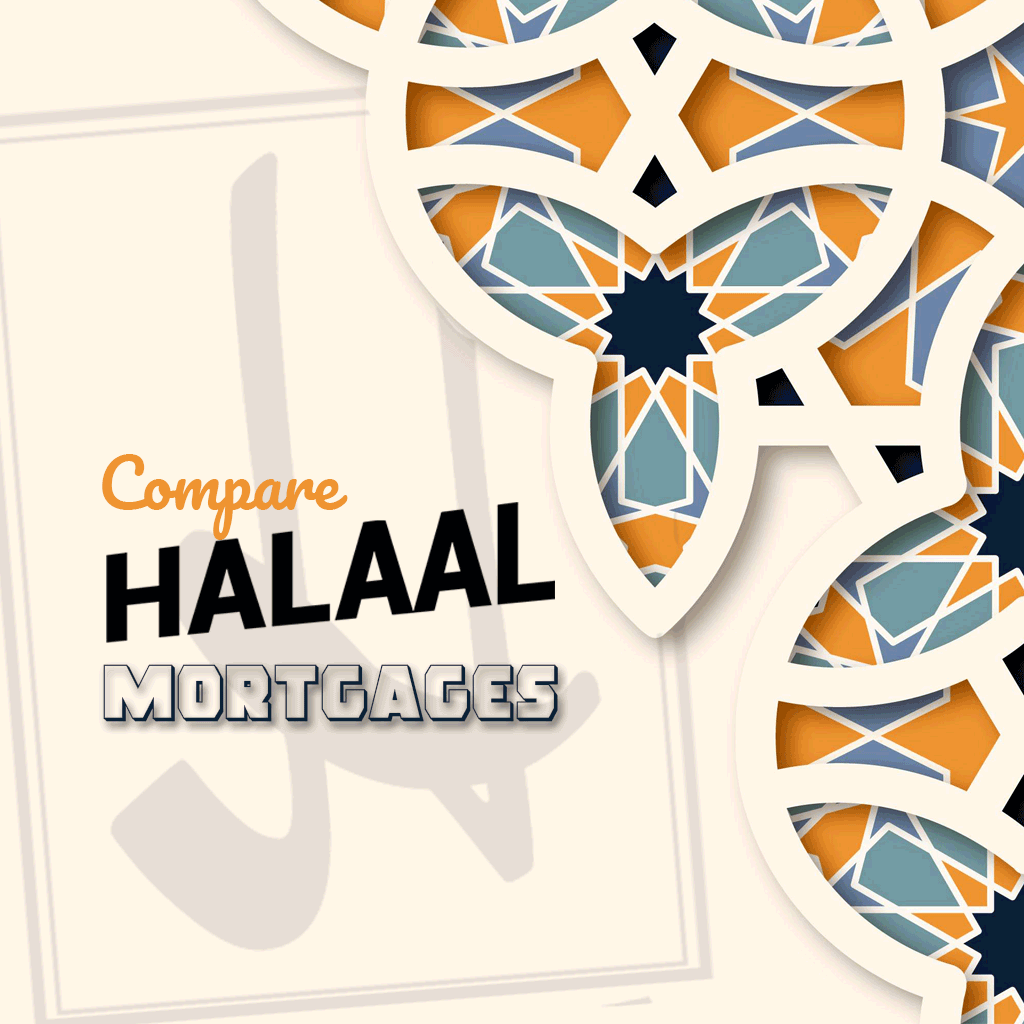Zakat is one of the five pillars of Islam, serving as an essential foundation for both spiritual growth and social welfare. Derived from the Arabic word “Zaka,” meaning to purify, Zakat is a means of purifying wealth and helping those in need. It is not just a form of charity, but a duty, a way to ensure wealth is shared fairly in society, helping to reduce inequality and support the less fortunate.
What is Zakat?
Zakat is an obligatory act of giving, designed to purify a Muslim’s wealth. It requires Muslims to donate a portion of their wealth to those who are eligible, including the poor, the needy, and those in debt. The amount is usually 2.5% of one’s savings and investments, provided certain conditions are met. This is calculated annually, based on the Islamic lunar calendar.
Zakat is more than just financial help; it fosters a sense of community, strengthens social bonds, and provides an opportunity for Muslims to share their blessings. It encourages a culture of responsibility, reminding us that wealth is a gift from Allah and should be used for the benefit of others.
Take from their wealth a charity by which you purify them and cause them increase, and invoke blessings upon them.
Surah At-Tawbah (9:103)
This verse reminds us that giving Zakat not only purifies the wealth of the giver but also benefits them spiritually and emotionally.
Who Should Pay Zakat?
Zakat is compulsory for all adult Muslims who possess wealth above a certain threshold, known as the Nisab. The Nisab is the minimum amount of wealth a person must have before they are required to pay Zakat. This threshold is typically calculated based on the current value of gold or silver.
It’s important to remember that Zakat is paid on wealth that has been in one’s possession for a full lunar year. This means that savings, investments, and business profits are subject to Zakat, while personal assets like one’s home and car are not.

The Importance of Zakat
The benefits of paying Zakat extend beyond the material realm. Not only does it purify wealth, but it also helps in:
- Social Welfare: Zakat assists in lifting people out of poverty by directly supporting those in need, including the poor, orphans, and widows.
- Community Strength: It strengthens the fabric of society, fostering a sense of unity and mutual support.
- Spiritual Growth: Zakat is an opportunity to grow spiritually, purifying one’s heart and soul by freeing oneself from attachment to material wealth.
- Economic Justice: It helps reduce economic disparities, promoting a more equitable society where the needs of the less fortunate are met.
Zakat and Its Impact
Zakat plays a crucial role in the Islamic economic system. It provides a mechanism for wealth redistribution and ensures that those in need receive support. By fulfilling the obligation of Zakat, Muslims contribute to the greater good of society, ensuring that no one is left behind.
In addition to helping those in immediate need, Zakat has long-term societal benefits. It can be used to fund educational programmes, healthcare, and community development projects, ultimately leading to the betterment of society as a whole.
How to Calculate Zakat
Calculating Zakat can seem daunting, but it’s straightforward once you understand the process. The basic calculation involves assessing your wealth, deducting any outstanding debts, and then paying 2.5% of the remaining amount. Wealth subject to Zakat includes:
- Savings: Cash in hand, savings accounts, and investments.
- Gold and Silver: The value of gold and silver.
- Business Assets: Profits, goods, and stocks held for trade.
- Rental Properties: Income from rental properties.
There are numerous online Zakat calculators available that can assist in ensuring the correct amount is paid. Alternatively, consult with a local scholar for further guidance on the specifics of your Zakat obligations.



Zakat FAQ’s
Yes, you can give Zakat to family members, but only if they are not financially dependent on you. This includes orphans, widows, and the poor.
Zakat is not paid on personal property, such as your home or car, but it is paid on any income generated from rental properties or other investments.
Yes, business assets are subject to Zakat. This includes any goods, stocks, or profits that are part of your business.
Zakat is an annual obligation. It is calculated and paid once every Islamic lunar year.
Neglecting to pay Zakat is considered a serious matter in Islam. It’s a mandatory pillar of faith, and failure to pay Zakat without a valid reason can lead to spiritual and legal consequences.
The Nisab is the minimum amount of wealth a Muslim must possess before they are required to pay Zakat. It is typically calculated based on the value of 87.5 grams of gold or 612.36 grams of silver.








Sign up